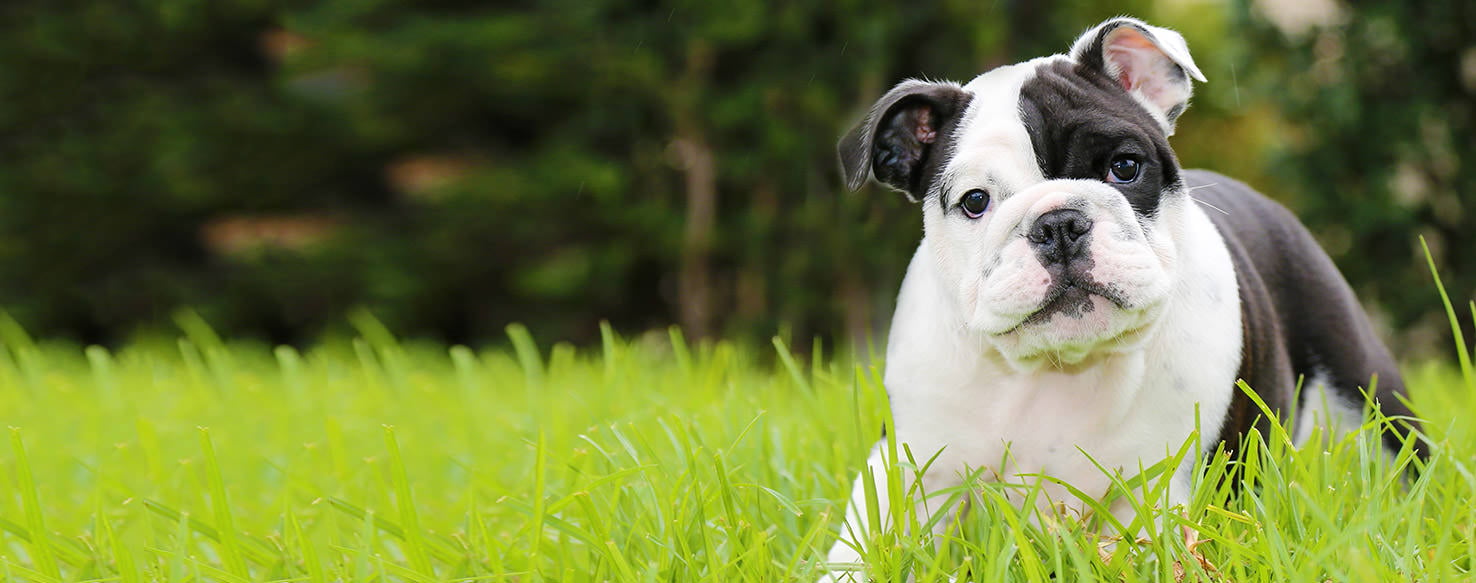
By Ralph Jones
Published: 05/23/2019, edited: 04/02/2024
Save on pet insurance for your pet
You don't have to choose between your pet and your wallet when it comes to expensive vet visits. Prepare ahead of time for unexpected vet bills by finding the pawfect pet insurance.
Dogs aren’t famous for liking nuts. Some nuts — macadamia nuts, for example — are poisonous to dogs, so obviously should be avoided at all costs. But, just like eating nuts is a good idea for humans, it can be a good idea for dogs as well. So, the question here is this — can dogs eat cashews?
In a word, yes. In more words: yes, dogs absolutely can eat cashews as part of a varied diet. As with all foods, however, a pet parent needs to take care when it comes to cashew nuts for dogs. This isn’t a snack that is essential to a dog’s health, and should only be given in moderation.
Below we’ll explore the downsides of cashews for dogs and what you need to consider when considering whether or not to give them to your pup.
Are Cashews Good For Dogs?
There’s plenty to say in the cashew’s favor. It’s a tasty snack that contains no cholesterol; it’s low in sugar; it contains potassium, calcium and magnesium; it has iron and folic acid; most importantly, it also has plenty of protein and fiber.
But, as well as boasting various excellent attributes, cashew nuts are also high in fat. For humans, who tend to eat them salted, they aren’t without their drawbacks.
Are cashews bad for dogs? In small quantities they’re absolutely fine. But it’s worth remembering that experts don’t recommend them as a necessary or particularly important element of a dog’s diet.
What Are The Risks Of Feeding My Dog Cashews?
A few cashew nuts for dogs are absolutely fine. If your dog has a few now and again, they are unlikely to suffer any adverse health effects. But, like all snacks, the key is moderation.
The fat content of cashews can present a problem. Steady and regular servings of these delicious (but highly calorific) nuts is likely to cause your dog to gain weight. Additionally, your pup’s digestive system will likely rebel against the processing work involved in digesting the nut. Your dog could suffer from an upset stomach and experience diarrhea.
The risk of weight gain is not the only issue. The high fat content in cashew nuts may bring on a bout of pancreatitis: excessive fat in the diet can lead to the pancreas becoming inflamed because of the inability of the organ to break down the fat.
When pancreatitis occurs, a dog can have symptoms like lethargy and lack of appetite. They may exhibit abdominal pain, too. Pancreatitis is a disease that can require aggressive treatment if not diagnosed in the early stages.
Although vital for dogs, the phosphorus in cashews can contribute to painful bladder stones because the mineral can harden within the bladder. Too much salt can lead to salt toxicosis, and although rare in dogs, the possibility of an allergy is always there. Signs of an allergic reaction can be vomiting and diarrhea, and in severe cases, hives and severe itching will occur as well.
Be very careful that when giving your dog cashews, there are no other nuts in the mix. Although tasty to humans, macadamia nuts are highly toxic to canines, and pecans can cause liver damage because of aflatoxin.
Walnuts carry the risk of causing an intestinal obstruction (we all know that dogs do not always chew their food well), and they may contain mold that can trigger a seizure. Almonds are known to cause stomach upset and are difficult for a dog to digest.
Healthy Alternatives
Giving your dog a cashew nut now and then will not cause a serious problem. But why not keep this snack as a rare treat, like sweets for a child? To avoid the worry and concern over potential issues that can come with the consumption of nuts, consider other healthy and palatable tidbits to feed your dog as a reward.
Carrots and green beans are favorites with hungry canines looking for a new taste, and the bonus is that they are nutritional, too.
A pup who could use a boost in the hydration department will welcome a taste of ripe and juicy watermelon; make sure that the seeds are removed and don’t give your dog any of the rind. Bananas and strawberries are a delectable vitamin-packed treat but must be given in moderation due to their high sugar content.
Homemade dog biscuits and treats are a surefire way to please your dog and know that what you’re giving them is risk-free. Find an easy but healthy recipe that includes dog-safe peanut butter, canned pumpkin (make sure it is not pie filling), eggs and whole wheat flour.
Although giving your dog a few cashew nuts now and again is perfectly fine, there are plenty of alternatives. Are cashews safe for dogs? Officially they are, so don’t be too concerned if your pup eats the odd one now and again.
You may also like
